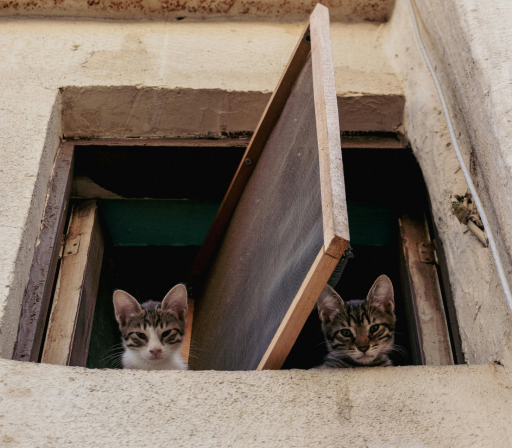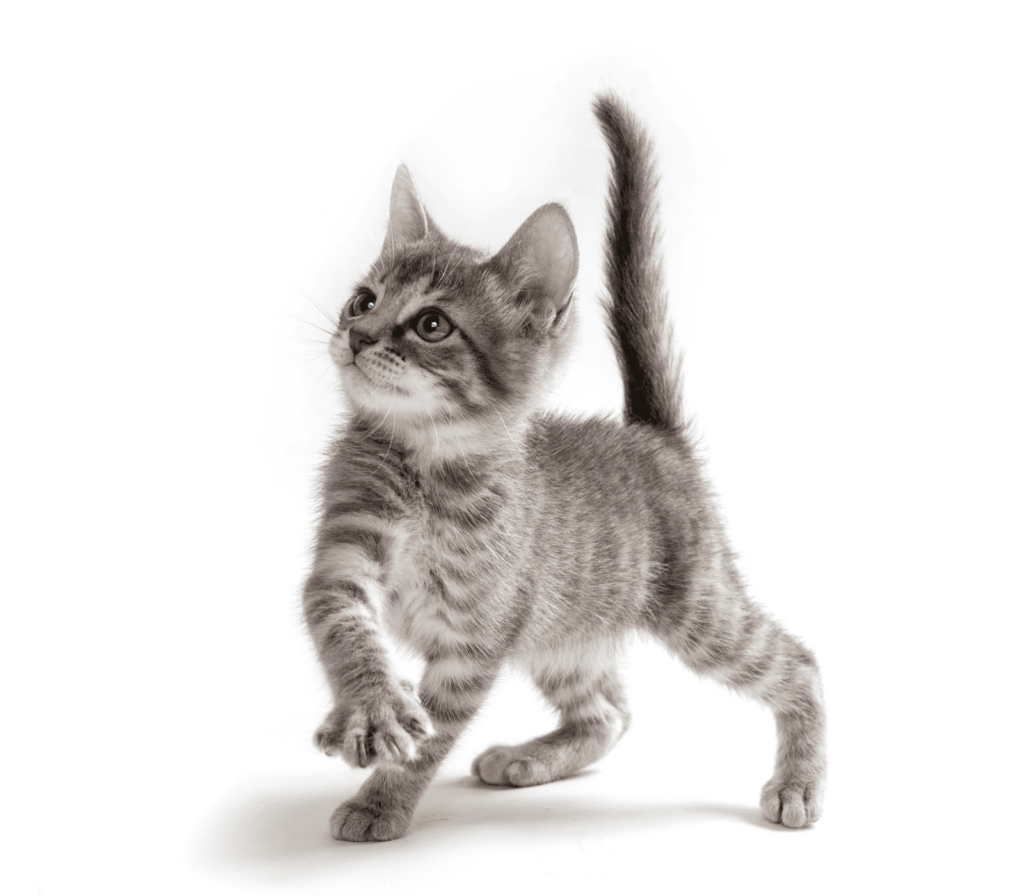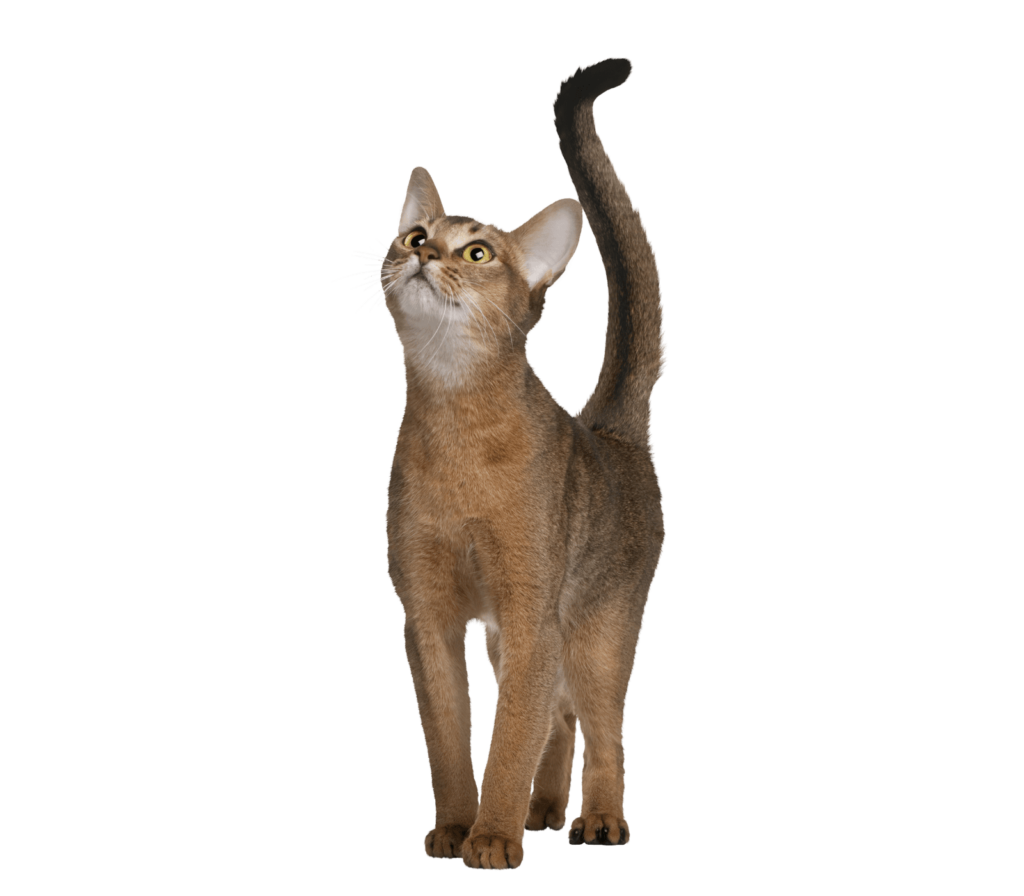FIP is no longer a sentence. Today, there are treatments; you are not alone: here you will find information, support, and hope.

What is the PIF?
Feline Infectious Peritonitis
FIP (Feline Infectious Peritonitis) is a mutation of the Coronavirus (FCoV).
Coronavirus is very common; between 80% and 85% of cats have it, and it doesn't usually cause any problems, perhaps some diarrhea. It's contagious and spreads through the litter box.
FIP, on the other hand, is NOT contagious and is a mutation that occurs in every cat, occurring 5% to 10% of the time.
This mutation occurs within the cat after a sustained period of stress and depends on its immune system or genetic predisposition. But since February 2019, with GS 441524, FIP is curable!

Learn about the statistics and types of PIF processed in Spain.
We show you real-world data on cases treated in our country so you can make decisions with greater clarity and hope.
Does your cat have FIP and need help? Contact us.
Write to us at ayuda@elpiftienecura.com
Frequently Asked Questions About Feline Infectious Peritonitis
Yes, FIP has been curable since February 2019, when Dr. Niels Pedersen of the University of California, Davis, published a study with GS 441524.
Although for years it was considered an incurable disease, FIP (feline infectious peritonitis) is now curable thanks to antiviral treatments such as GS-441524. This medication acts directly against the virus that causes FIP and has successfully recovered thousands of cats worldwide, including many in Spain.
Treatment should be supervised by a veterinarian experienced in FIP and usually lasts about 12 weeks. The sooner you start, the greater the chances of success.
On this website, we'll tell you everything you need to know: how to access treatment, which veterinarians administer it, and what to expect during the recovery process.
If a cat's immune system is healthy and mature, white blood cells should fight off an infection or virus and allow the cat to develop an immune response, or antibodies. Cats that develop FIP have an immune defect or deficiency that prevents them from fighting off the virus. Essentially, the cat's immune system spreads the virus throughout the cat's body through macrophages rather than trying to eliminate it.
The nucleoside analog GS-441524 is a molecular precursor to a pharmacologically active nucleoside triphosphate molecule. These analogs act as an alternative substrate and RNA chain terminator for viral RNA-dependent RNA polymerase. In general terms, GS interferes with the chain reaction and prevents the virus from replicating.
I am text block. Click edit button to change this text. Lorem ipsum dolor sit amet, consectetur adipiscing elit. Ut elit tellus, luctus nec ullamcorper mattis, pulvinar dapibus leo.


